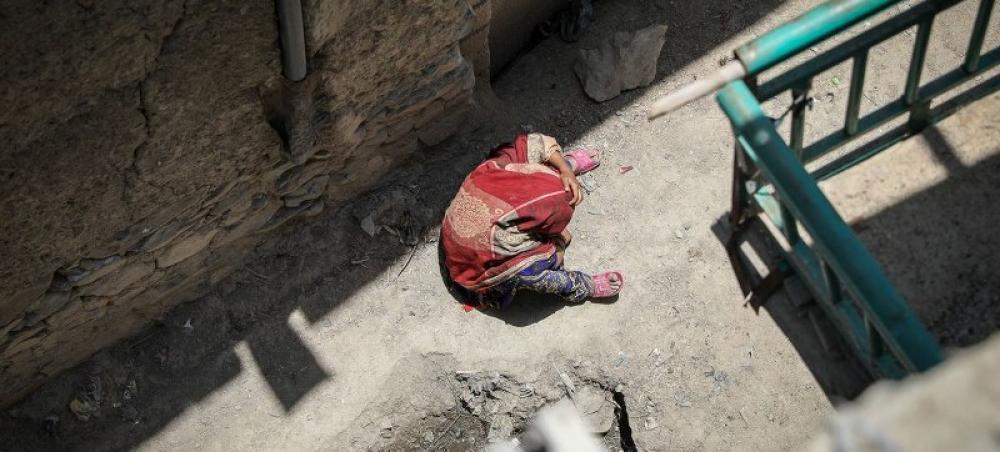26 Feb 2015, 02:59 pm Print

“The success story in Ethiopia illustrates what FAO is aiming to do on the ground, empowering women farmers to generate extra income and improve their livelihoods,” the agency said.
“The result, better food and nutrition, stronger local economies, and small businesses that will be able to thrive on their own once FAO’s intervention ends,” it adds.
FAO reported that for a few years Tsega Gebrekidan Aregawi ran a small kiosk in the northern Ethiopian town of Mekelle, where local university students would stop by to purchase fresh fruit juice, biscuits and homemade marmalades on their way to and from class.
“At that time, Tsega could hardly imagine that some of her own products might someday fly from Africa to reach international markets,” FAO said.
Tsega and her colleagues were offered support in producing more cactus pear marmalade, which would be then bought and shipped to European tables.
“The group rose to the challenge. So far, they’ve produced 4,000 jars of marmalade and are now looking at using the revenues to even expanding their output and the variety of what they produce,” according to FAO
Each jar will be bought at 3.50 EUR, a price FAO said is considered in line with local market standards and which covers production costs and guarantees significant revenues for its members.
“Our lives have changed since we started in this endeavor,” Tsega said.
“These are the kind of results we expect from agriculture,” FAO Director-General José Graziano da Silva said, congratulating them on their success.
The partnership between FAO and Eataly is also providing support to other small producers in other countries, helping them to find new markets, improve value addition, and get better prices for their goods.
The teamwork with Eataly is an example of FAO’s focus on partnerships. Since 2013, the Organization says it has signed over 60 agreements with a wide range of different stakeholders, including the private sector, civil society, non-governmental organizations, cooperatives and academia.
Photo: FAO/Filippo Brasesco
- New study shows one in three Australian men committed intimate partner violence
- Funding cuts in Afghanistan mean ‘lives lost and lives less lived’
- UN report says Iran using app, tech to monitor women who are not wearing hijab
- Women's rights advocates warn UN to confront backlash against progress
- UN condemns Taliban ban on women attending medical classes in Afghanistan






